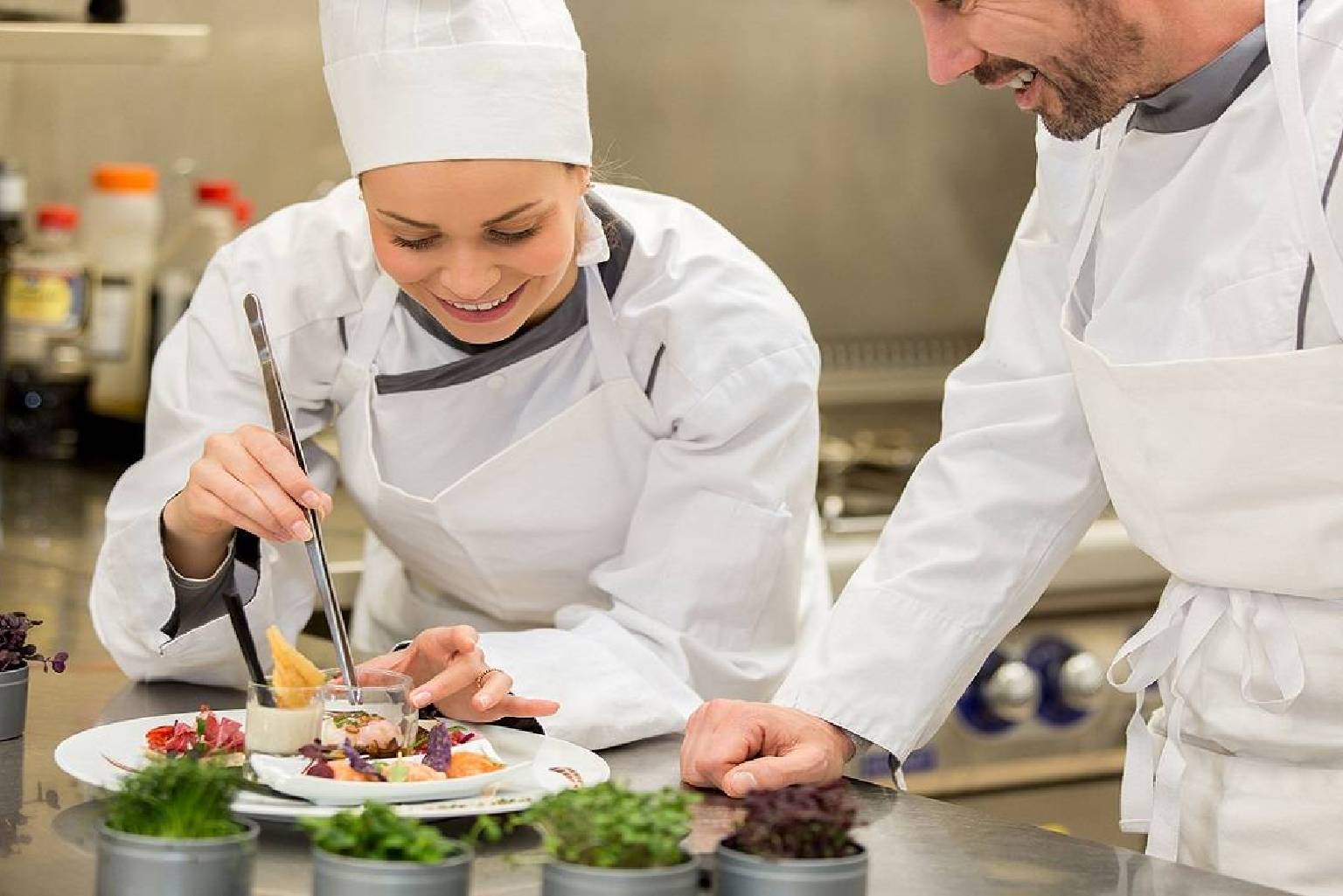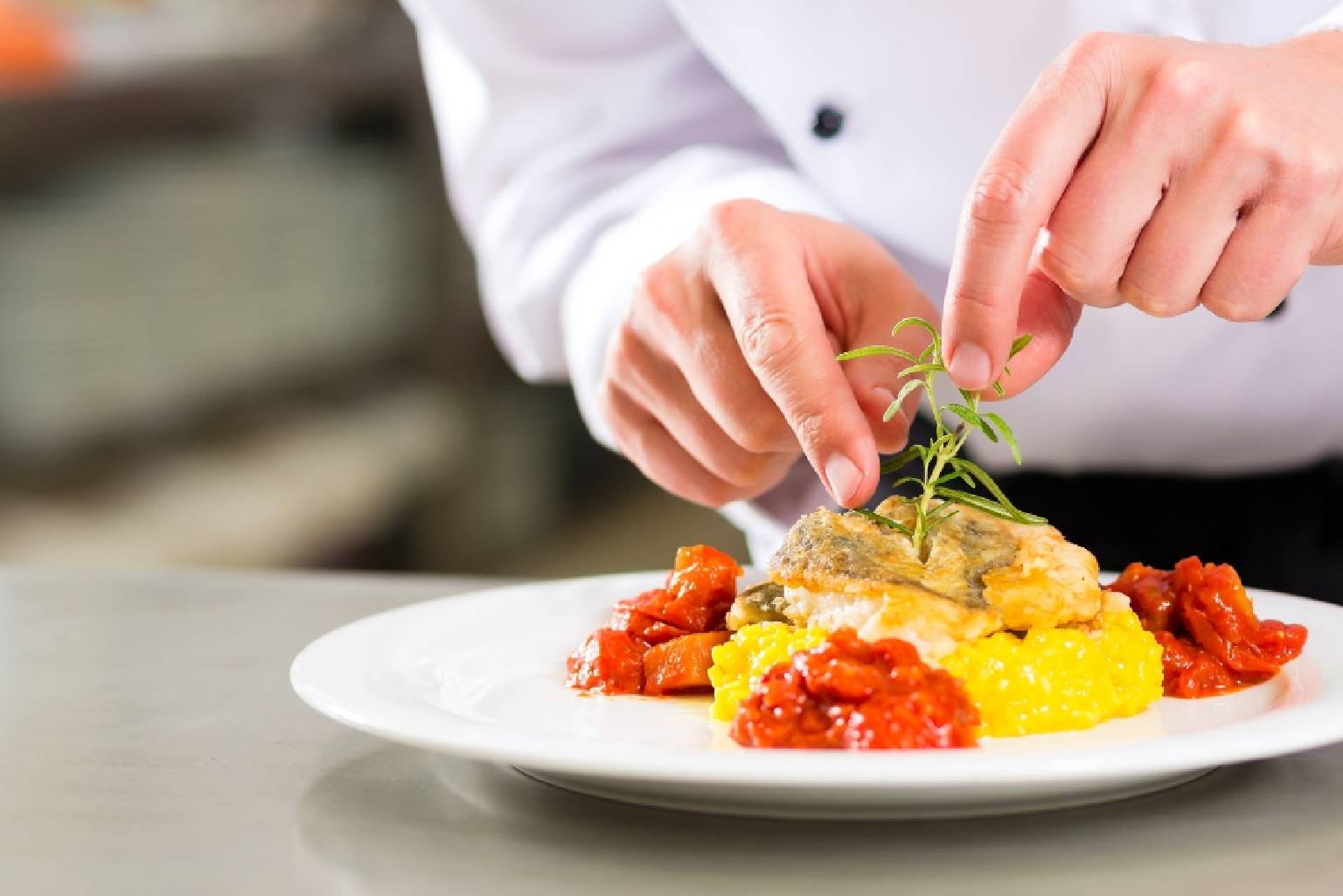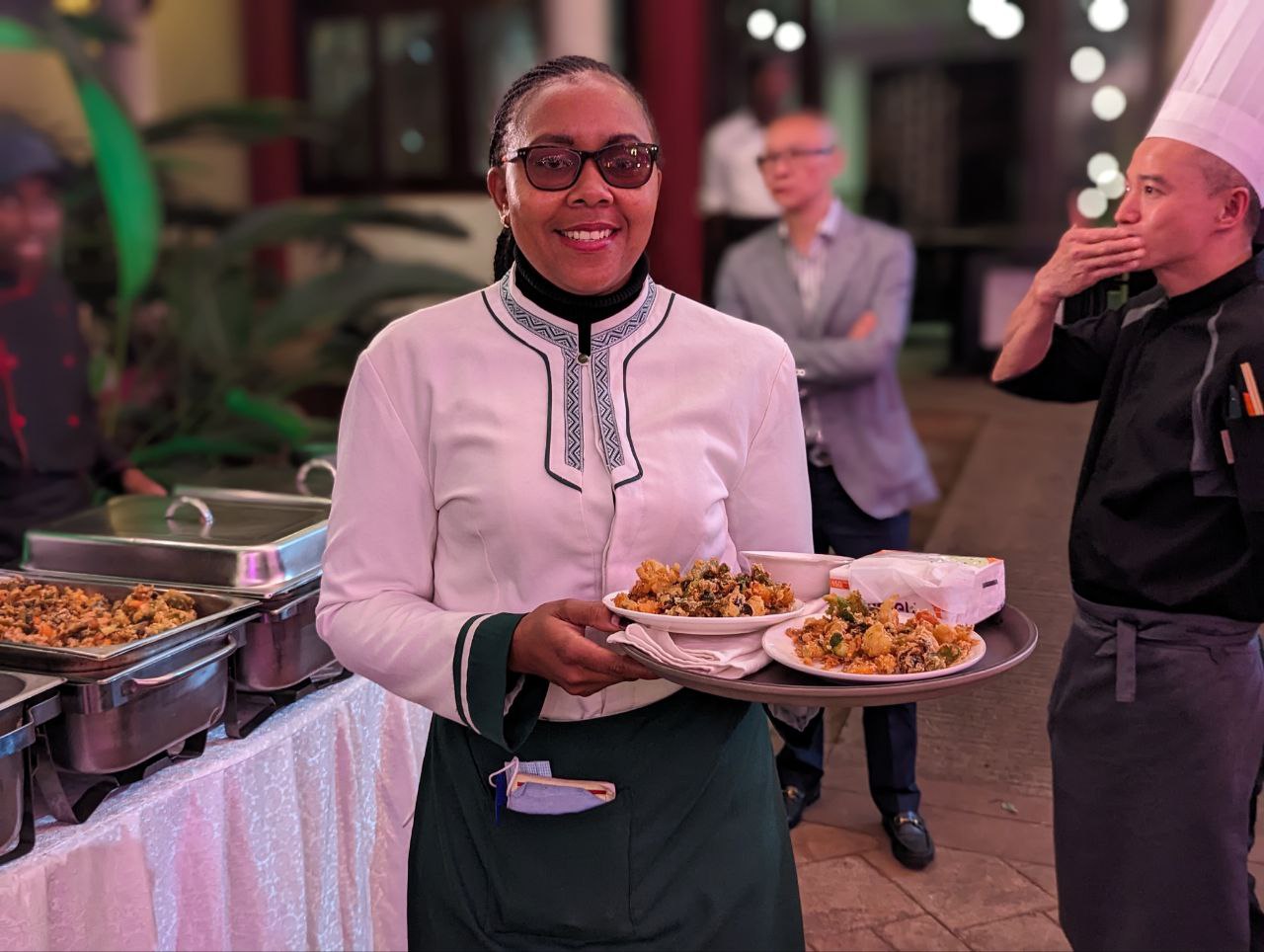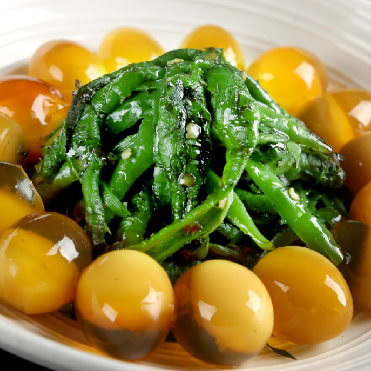The world of gastronomy is a realm where passion, skill, and creativity converge to create culinary masterpieces that tantalize our taste buds and leave lasting impressions. Behind every extraordinary dining experience stands a chef who orchestrates flavors, textures, and aromas with precision and artistry.
Whether you’re a restaurateur looking to hire a chef for your establishment or a food enthusiast dreaming of hosting the perfect event, selecting the right chef is a critical decision. In this comprehensive blog, we will explore the multifaceted criteria for choosing a chef, delving into the essential qualities, skills, and considerations that distinguish culinary maestros from the rest.
1. Culinary Expertise: Gastronomy
At the heart of any exceptional chef lies a profound understanding of the culinary arts. The ability to create innovative dishes, pair flavors harmoniously, and execute diverse cooking techniques are crucial aspects of culinary expertise. A chef’s background, formal education, and experience in renowned kitchens can provide valuable insights into their mastery of the culinary craft.
Culinary Education and Training:
Look for chefs with formal culinary education from reputable institutions. Culinary schools and programs not only equip chefs with fundamental skills but also expose them to a variety of cuisines and techniques. Additionally, chefs who have undergone apprenticeships or worked under renowned mentors bring a wealth of practical experience to the table.
Varied Culinary Background:
A well-rounded chef should showcase versatility in their culinary repertoire. Whether it’s expertise in French cuisine, a mastery of Asian flavors, or a deep understanding of molecular gastronomy, a diverse culinary background allows a chef to cater to a broad range of tastes and preferences.

2. Creativity and Innovation:
The culinary landscape is ever-evolving, with diners seeking novel and exciting gastronomic experiences. A chef’s ability to think outside the traditional culinary box and bring innovative concepts to the table is a key criterion for success.
Menu Development:
Evaluate a chef’s track record in menu development. A chef who can curate a dynamic and enticing menu, balancing classic favorites with contemporary twists, demonstrates creativity and a keen understanding of culinary trends.
Presentation:
In the age of social media, the visual appeal of dishes is as important as their taste. A chef with an eye for aesthetics and an ability to present dishes in an Instagram-worthy manner adds an extra layer to the dining experience.

3. Leadership and Team Management:
Running a kitchen is akin to conducting a symphony, with each member of the culinary team playing a crucial role. A chef must possess strong leadership skills to inspire and guide their team to deliver consistently exceptional results.
Communication:
Effective communication is paramount in a bustling kitchen. A chef should be able to convey their vision clearly to the kitchen staff, ensuring seamless execution of dishes. Additionally, the ability to receive and act upon feedback fosters a collaborative and productive kitchen environment.
Decision-Making:
The fast-paced nature of the culinary world demands quick and decisive decision-making. A chef who can navigate challenges, make informed choices under pressure, and adapt to unforeseen circumstances is an asset to any kitchen.
4. Passion and Dedication:
Passion is the driving force behind extraordinary culinary creations. A chef who is genuinely passionate about their craft will go the extra mile to source the finest ingredients, refine techniques, and continually push the boundaries of their culinary prowess.
Work Ethic:
Long hours, physically demanding work, and high-pressure situations are inherent in the culinary profession. A strong work ethic is non-negotiable for a chef, as it directly influences the quality and consistency of the dining experience they deliver. u
Lifelong Learning:
The culinary world is dynamic, with new ingredients, techniques, and trends emerging regularly. A chef committed to lifelong learning, staying abreast of industry developments, and refining their skills demonstrates a dedication to excellence.

5. Adaptability and Resilience:
The ability to adapt to changing circumstances and recover from setbacks is a hallmark of a successful chef. In a field where unexpected challenges are the norm, resilience is a valuable trait that ensures a chef can navigate the ebb and flow of the culinary gastronomy landscape.
Handling Criticism:
Constructive criticism is an integral part of growth. A chef who can accept feedback graciously, learn from mistakes, and use criticism to refine their craft is more likely to evolve and thrive in the competitive culinary industry.
Flexibility:
From adjusting recipes on the fly to accommodating dietary restrictions, flexibility is key. A chef who can adapt to the ever-changing needs and preferences of diners demonstrates a customer-centric approach and a commitment to delivering a memorable dining experience.

6. Business Acumen:
While culinary prowess is at the core of a chef’s responsibilities, an understanding of the business side of the culinary world is equally crucial. Chefs who can contribute to the financial success of a restaurant by managing costs, optimizing menu pricing, and implementing efficient kitchen operations are highly sought after.
Cost Management:
Controlling food costs, minimizing waste, and optimizing kitchen efficiency contribute to the financial health of a restaurant. A chef who is mindful of these aspects demonstrates business acumen and a commitment to the sustainability of the establishment.
Customer Satisfaction:
Understanding customer preferences, managing reviews, and creating a positive dining experience are integral to a chef’s role. Chefs who can balance culinary creativity with customer satisfaction contribute significantly to the success of a restaurant.

Conclusion:
Choosing the perfect chef is a nuanced process that requires careful consideration of various factors. From culinary gastronomy expertise and creativity to leadership skills and business acumen, the criteria for selecting a chef are multifaceted.
By prioritizing a combination of these qualities, you can ensure that the chef you choose not only excels in the kitchen but also contributes to the overall success and reputation of your culinary establishment. The culinary world is a stage, and the chef is the conductor – choose wisely, and let the symphony of flavors unfold.
Le blossom restaurant has a team of very well qualifies chefs that would take your taste buds to the next level. Visit our website here to know more about or menu.






